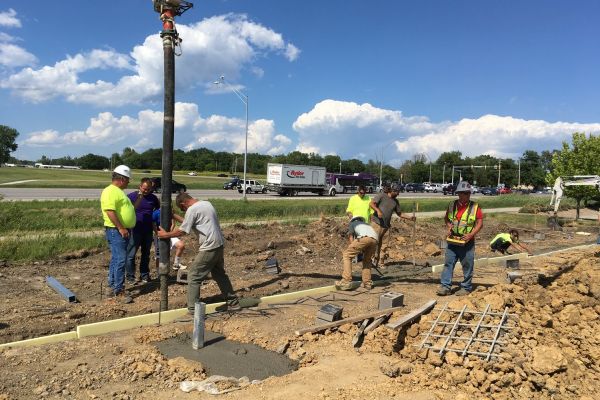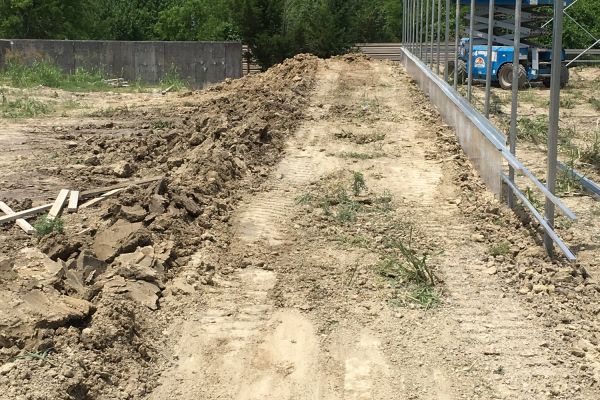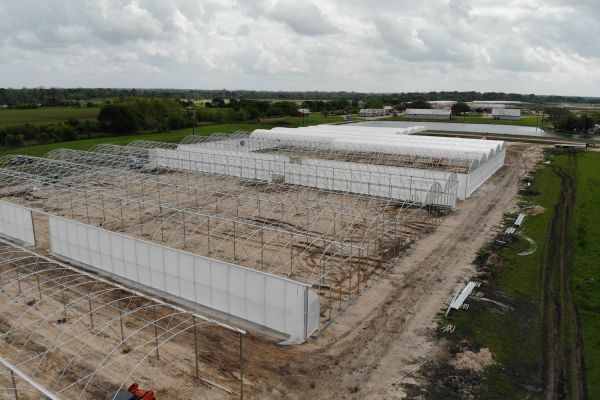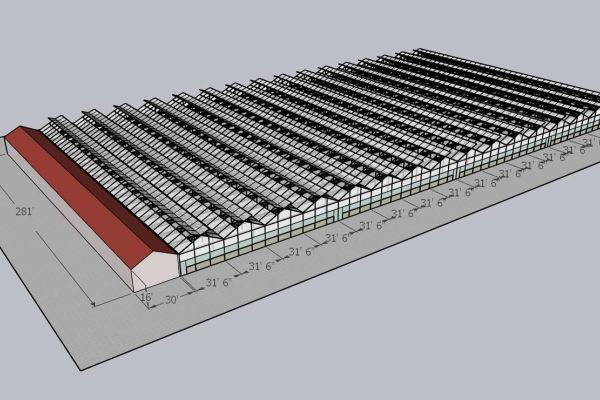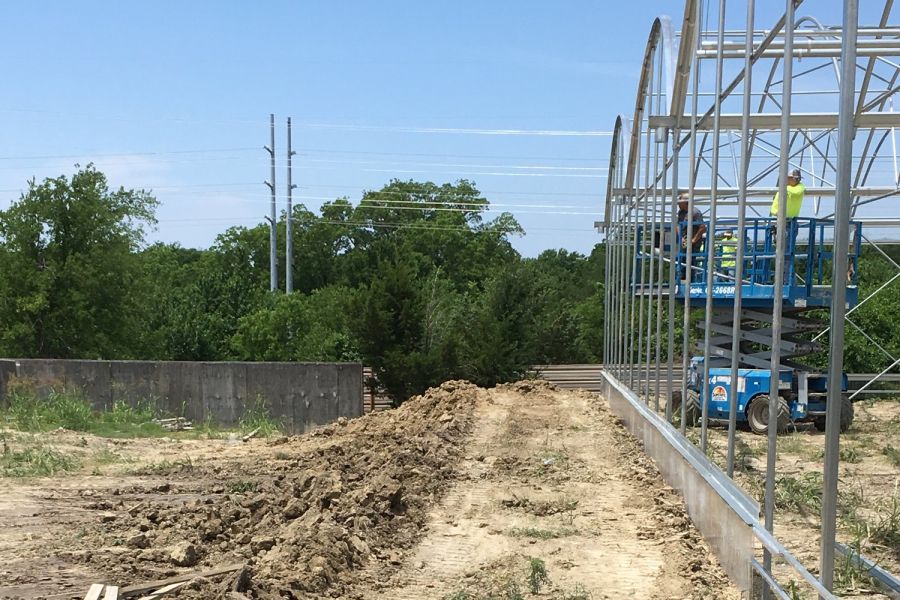
The Role of a Construction Manager: Responsibilities and Skills
In the dynamic world of construction, effective project management is crucial for ensuring successful outcomes. At the heart of this management is the role of a Construction Manager (CM), a pivotal position that requires a unique blend of skills, knowledge, and leadership abilities. Whether overseeing the construction of a skyscraper, a residential complex, or infrastructure projects, a Construction Manager plays a fundamental role in orchestrating the various elements of a construction project from inception to completion.
Responsibilities of a Construction Manager
1. Project Planning and Scheduling: Construction Managers are responsible for developing detailed project plans, defining project timelines, and setting milestones. They coordinate with architects, engineers, subcontractors, and suppliers to ensure that all aspects of the project are aligned with the timeline and budget.
2. Budget Management: Controlling costs is a critical aspect of the CM’s role. They prepare and monitor project budgets, track expenses, negotiate contracts with vendors and subcontractors, and make adjustments as necessary to keep the project within financial constraints.
3. Procurement and Resource Management: Construction Managers oversee the procurement of materials, equipment, and labor needed for the project. They ensure that resources are allocated efficiently, monitor inventory levels, and manage logistics to maintain smooth operations on-site.
4. Quality Control and Assurance: Maintaining high standards of quality and ensuring compliance with building codes, regulations, and safety standards are paramount for Construction Managers. They conduct regular inspections, address any issues promptly, and implement corrective measures to uphold quality throughout the construction process.
5. Risk Management: Identifying potential risks and developing strategies to mitigate them is another key responsibility. Construction Managers assess safety hazards, environmental concerns, and legal requirements, implementing policies and procedures to minimize risks and ensure a safe working environment.
6. Communication and Stakeholder Management: Effective communication is essential for Construction Managers to coordinate activities, provide updates to stakeholders, and resolve conflicts that may arise among team members or with clients. They serve as the primary point of contact for project stakeholders, maintaining transparency and fostering positive relationships.
7. Team Leadership and Motivation: Leading a diverse team of professionals and laborers requires strong leadership skills. Construction Managers motivate their teams, provide guidance and support, delegate tasks effectively, and encourage collaboration to achieve project objectives.
8. Documentation and Reporting: Keeping accurate records, preparing progress reports, and documenting project milestones are critical for tracking project performance. Construction Managers ensure that all documentation is complete, organized, and accessible for future reference or audits.
Skills Required for Success
1. Technical Knowledge: A solid understanding of construction methods, materials, and techniques is essential. Construction Managers should stay updated on industry trends, building codes, and technological advancements that may impact project delivery.
2. Organizational Skills: Managing multiple tasks, deadlines, and resources requires strong organizational abilities. Construction Managers must prioritize effectively, manage time efficiently, and adapt to changing priorities in a fast-paced environment.
3. Problem-Solving Abilities: From unexpected delays to logistical challenges, Construction Managers must think critically and make informed decisions to overcome obstacles and keep projects on track.
4. Communication Skills: Clear and concise communication is vital for conveying instructions, discussing project requirements, and addressing concerns with stakeholders, team members, and clients.
5. Leadership and Motivation: Inspiring trust, fostering teamwork, and motivating individuals to perform at their best are essential traits of effective Construction Managers.
6. Negotiation and Contract Management: Construction Managers often negotiate contracts, manage vendor relationships, and resolve disputes. Strong negotiation skills and a thorough understanding of contract terms are valuable assets in this role.
Conclusion
In summary, the role of a Construction Manager is multifaceted and demanding, requiring a diverse skill set and a deep commitment to excellence. From planning and budgeting to quality control and stakeholder management, Construction Managers are instrumental in delivering construction projects on time, within budget, and to the highest standards of quality and safety. As the construction industry continues to evolve, the role of the Construction Manager remains pivotal in shaping the success of projects and driving innovation in the built environment.
Most Popular Greenhouse Articles



